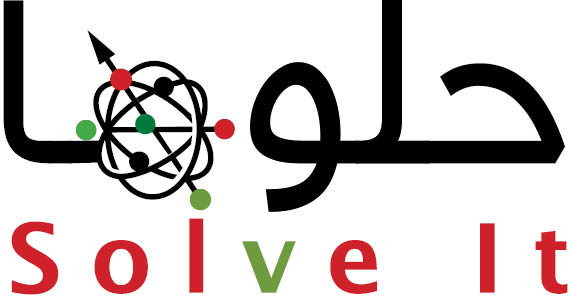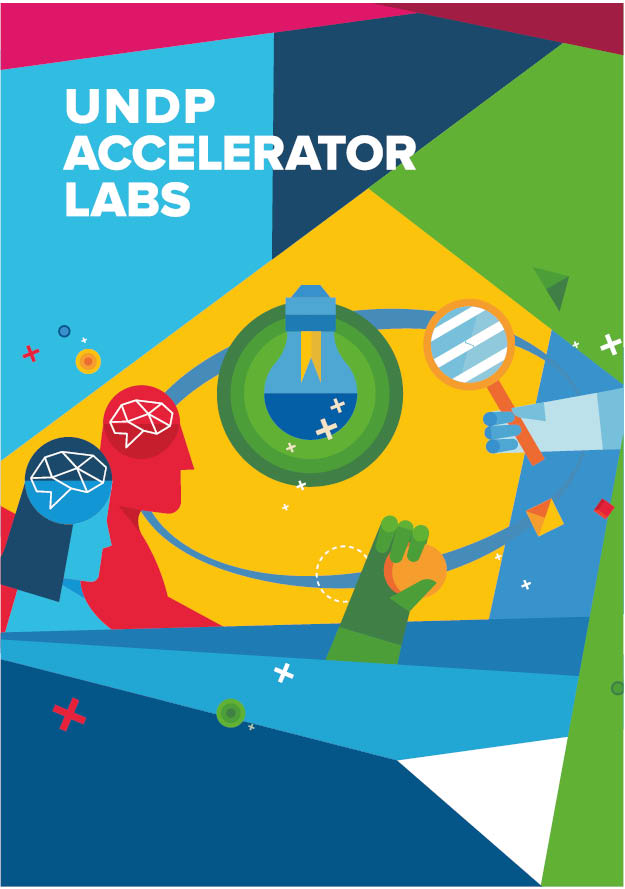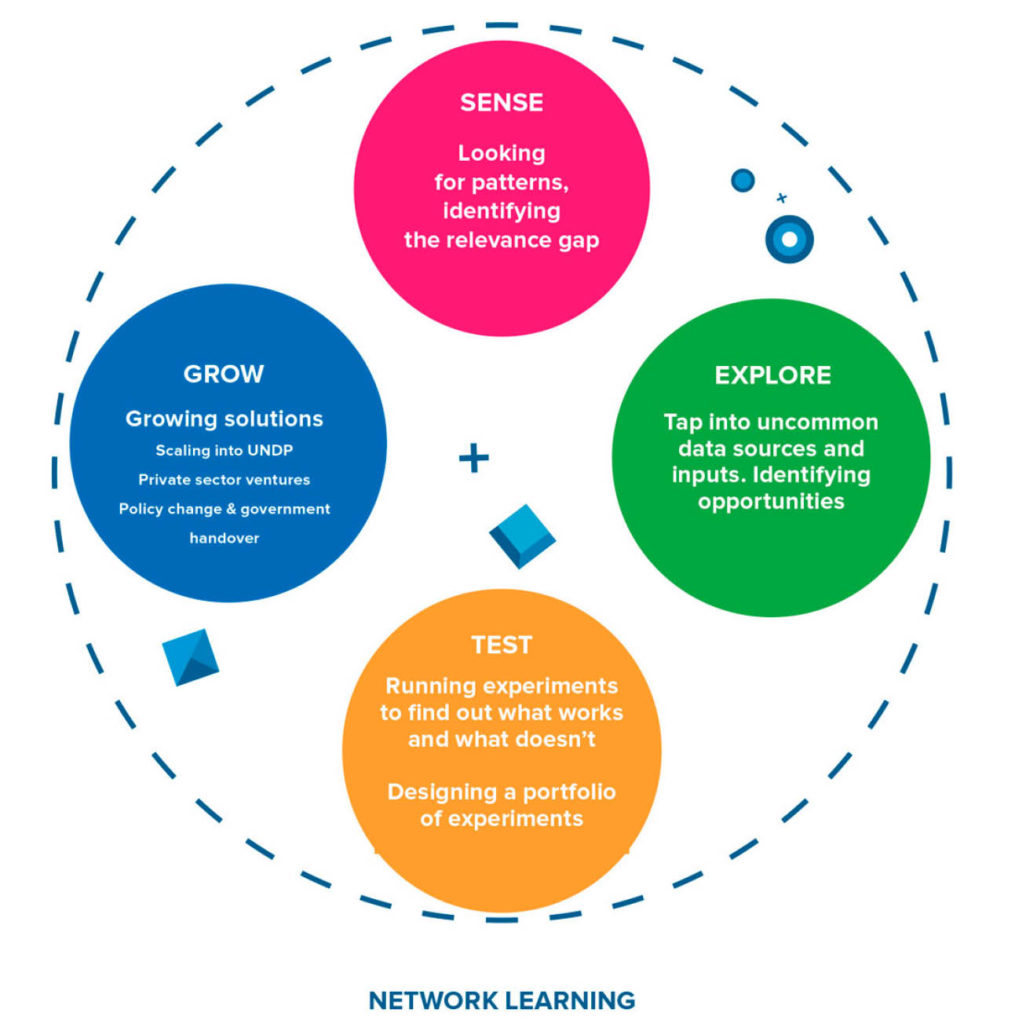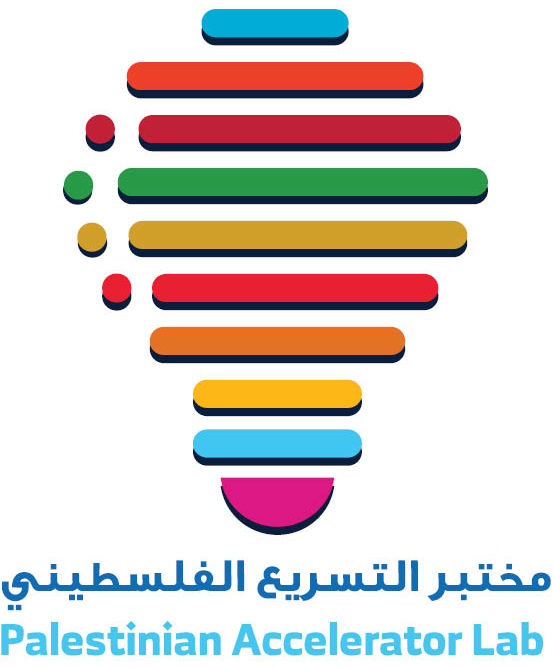
Development efforts in the State of Palestine have resulted in major improvements over the years, especially in the delivery of social services, infrastructure, awareness about rights and entitlements, and questioning deep-seated beliefs and practices. The United Nation’s Sustainable Development Goals (SDGs) and the Palestinian National Policy Agenda, however, are ambitious. The twenty-first-century challenges that face everyone in the State of Palestine are more complex and dynamic. Effectively addressing these challenges requires new approaches, holistic solutions, and collective efforts of the government, nongovernmental organizations, the private sector, and citizens.

To reimagine development for the twenty-first century and accelerate progress against the SDGs, the United Nation’s Development Programme (UNDP) launched sixty Accelerator Labs embedded in UNDP country offices around the world as a new way of working. The Accelerator Labs offer safe spaces for learning through experimenting and capitalizing on what works. The goal is to collaborate with national partners to address today’s new challenges, not by struggling to find the one-and-only solution but to synthesize multiple combined innovations. The Accelerator Labs serve as bridges to the private sector, bringing in companies that have a developmental impact beyond their core business. The labs also strive to improve the connectedness of civil society organizations with Palestinian grassroots initiatives. The Accelerator Labs have the potential to be catalysts for the next generation of development solutions. While change requires time, the Accelerator Lab in the State of Palestine strives to experiment with short-term initiatives and identify existing locally sourced solutions to try to accelerate learning and inform actors who are eager to invest.

In its recent mapping to understand the innovation space and ecosystem, the Palestinian Accelerator Lab came across serious efforts that aim to boost Palestinian entrepreneurship towards generating employment opportunities and contributing to the Palestinian economy. In fact, some of these efforts have successfully supported start-ups that were able to export their products, outsource their services, bring in investments, and operate in regional and international markets. Despite their contribution to the local economy and generating employment, these entrepreneurial efforts rarely contribute to the pressing social challenges that face Palestinians. For example, very few of these efforts and solutions addressed the State of Palestine’s growing solid-waste problem, diminishing accessibility to drinking water, particularly in Gaza, limited and unreliable sources of energy, damaging effects of industrial pollution and waste, or quality social services, including education and health.
For more than fifty years, UNDP has forged action-oriented partnerships with national governments, social development organizations, and the private sector in 170 countries. In 2019 alone, UNDP supported 15 countries to develop or implement strategies to prevent violent extremism. It was the primary actor on climate change in the United Nations and during the last year has helped 140 countries move closer to meeting their Paris Agreement pledges, also helping to cut 256 million tons of carbon emissions – equivalent to the footprint of 50 million cars in one year.
To our great delight, mapping results also came across social entrepreneurs and private-sector companies that are finding a business opportunity in these very same challenges. Young entrepreneurs are founding social enterprises that process solid and electronic waste into marketable, safe by-products. Energy generation through solar and renewable sources is attracting more investments. New smartphone and social media applications are tapping into the wide Palestinian user base to educate people on health and social issues. These are just some of the many ideas that are emerging locally and globally, inspiring entrepreneurs to both make a financial return and at the same time tackle economic, social, and governance problems.
There is an increased global focus on innovative financing mechanisms and instruments to catalyse private investments into social and developmental realms. The global movement pushing for corporate social responsibility has added more structure to the long-standing Palestinian private-sector philanthropic activity. Traditional investing with a sole outlook on profits is being disrupted by impact investing, where funds are mobilized to generate measurable, beneficial social or environmental impact alongside a financial return. Blended investments are also an increasingly used instrument whereby donors and public funds are used in merged portfolios with the private sector to make investments with social returns more attractive.
An online crowdsourcing platform called Solve It, one of the first joint initiatives between the Palestinian Accelerator Lab and the Prime Minister’s Office, aims to engage with various actors to tackle issues in a multidisciplinary manner that directly links with the SDGs. Solve It offers an opportunity for individuals or teams to independently present preliminary, tested ideas in social innovation that solve the most pressing problems in the State of Palestine. Instead of relying on experts in specific fields, Solve It goes beyond sectors to cultivate solutions that have been developed by those experiencing any given challenge daily. What distinguishes Solve It from other initiatives is its strategic link with SDGs and government priorities, moving away from vertical sectors. Ultimately, the vision is to make Solve It a bank for innovative ideas in the State of Palestine.
The Palestinian Accelerator Lab strives to collaborate with others who are passionate about finding new ways of working, and welcomes feedback on what kind of incentives should be in place for better collaboration with Solve It.
Other than the Solve It platform, the Palestinian Accelerator Lab will focus on identifying gaps in the innovation sphere and synthesize ways to fill in the gaps. Instead of injecting new concepts and ideas, the Palestinian Accelerator Lab will find existing mature ideas and offer support in further testing and scaling up to utilize the collective intelligence of citizens.
The views expressed in this publication are those of the author(s) and do not necessarily represent those of the United Nations, including UNDP and other UN agencies.


